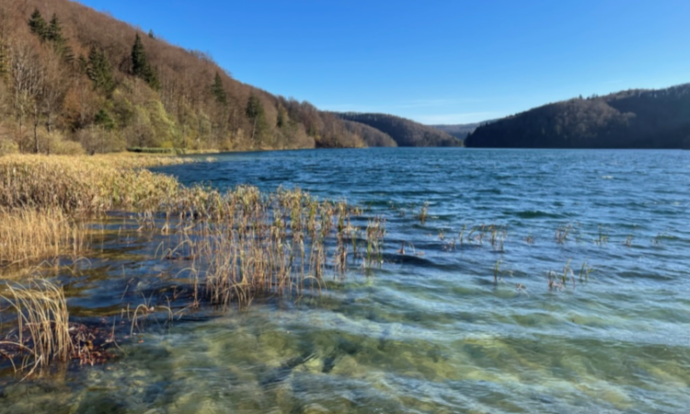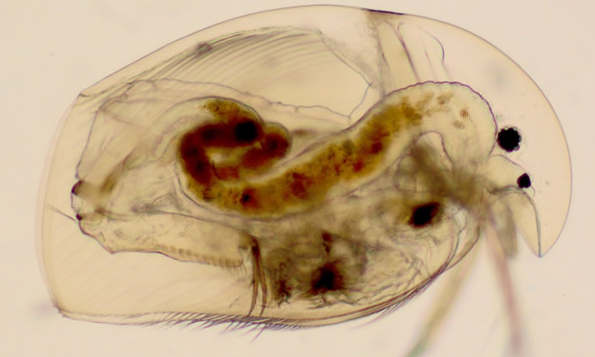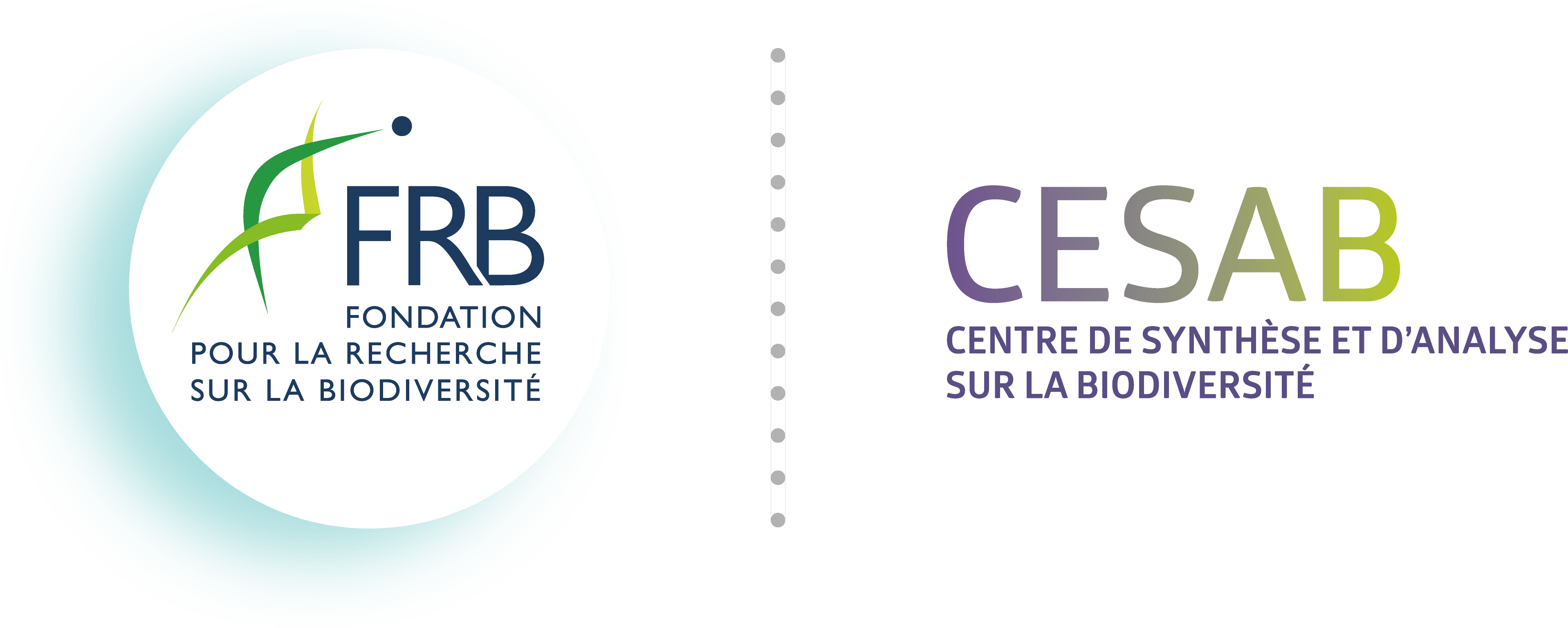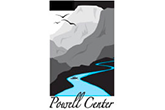FresH2O ZOOPS
Synthesizing patterns and drivers of changes in lake zooplankton community dynamics worldwide
 © Rosalie Bruel
© Rosalie Bruel Global change is a threat to biodiversity. Syntheses of plant and animal community dynamics from local to global spatial scales, developed with comprehensive, long-term data, are needed to understand how biodiversity loss is likely to impair ecosystem function and the services they provide.
Long-term data series for inland waters remain alarmingly under-represented and under-funded. To better address the recognized biodiversity crisis in fresh waters, the project team has assembled the most comprehensive dataset on freshwater zooplankton—microscopic animals absolutely vital to healthy freshwater aquatic ecosystems.
Using the dataset and team science approach, the project team will meet several times over two years to answer four linked, timely questions about freshwater zooplankton dynamics related to global changes in freshwater biodiversity. Research and analyses will be published in peer-reviewed journals and reports. The continued use of the data set and analyses beyond the end of the project will be facilitated by developing a user-friendly dataset and interface with parallel open access outputs to serve other researchers, educators, and resource managers.


PIs:
Rosalie BRUEL – Office Français de la Biodiversité (France),
Stephanie FIGARY – Cornell University (USA),
Michael MEYER – USGS, Observing System Division (USA),
Rachel PILLA – Oak Ridge National Laboratory, Environmental Sciences Division (USA) ,
Jason STOCKWELL – University of Vermont (USA)
The FresH20 Zoops project brings together specialists in limnology and aquatic ecology, ecosystem management, geography, biogeochemistry, remote sensing, modeling, data science and analysis, and computer science, with a team science approach to integrate information and knowledge across disciplines.
See also the project presentation on the John Wesley Powell Center for Analysis and Synthesis website
